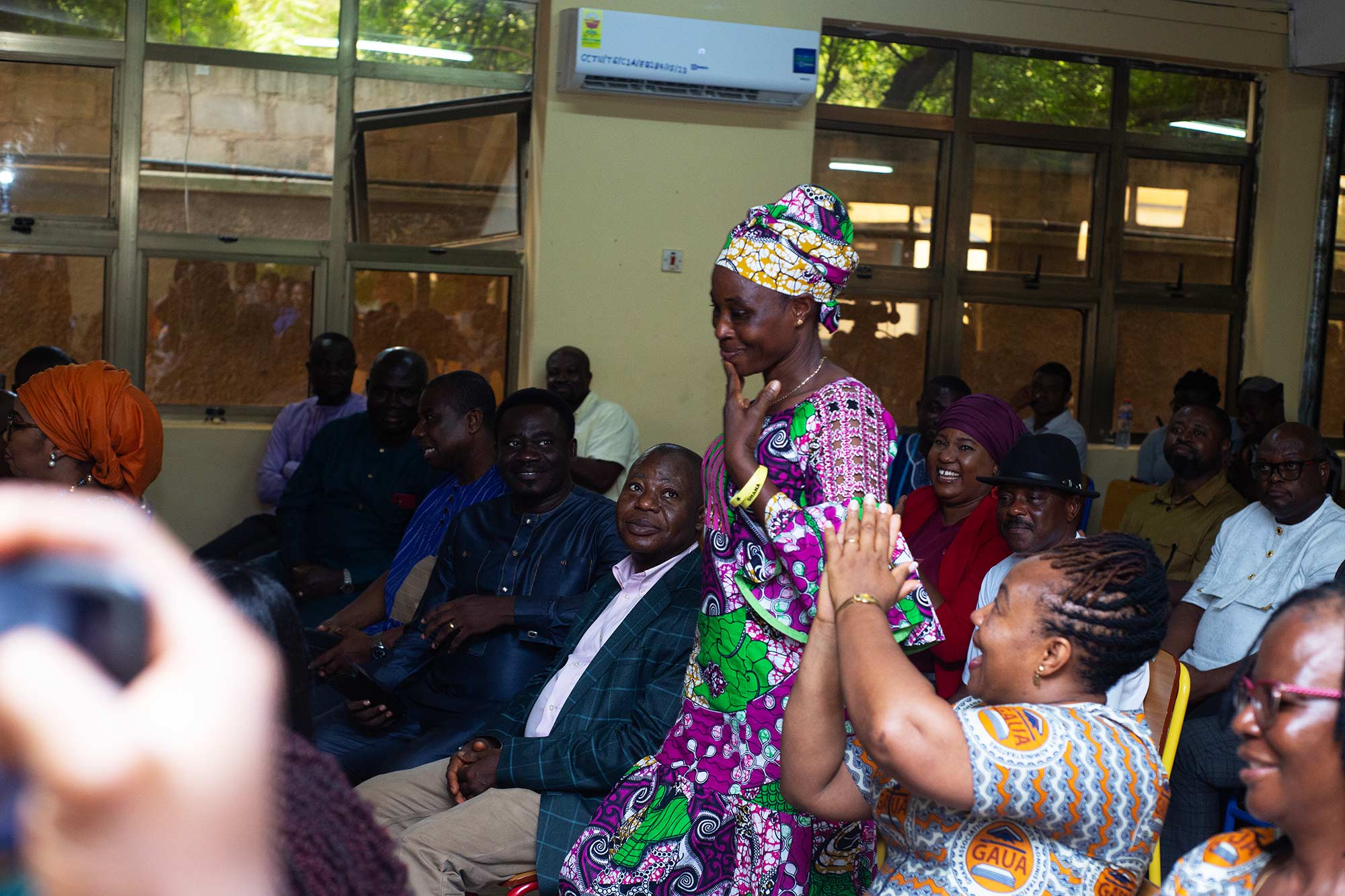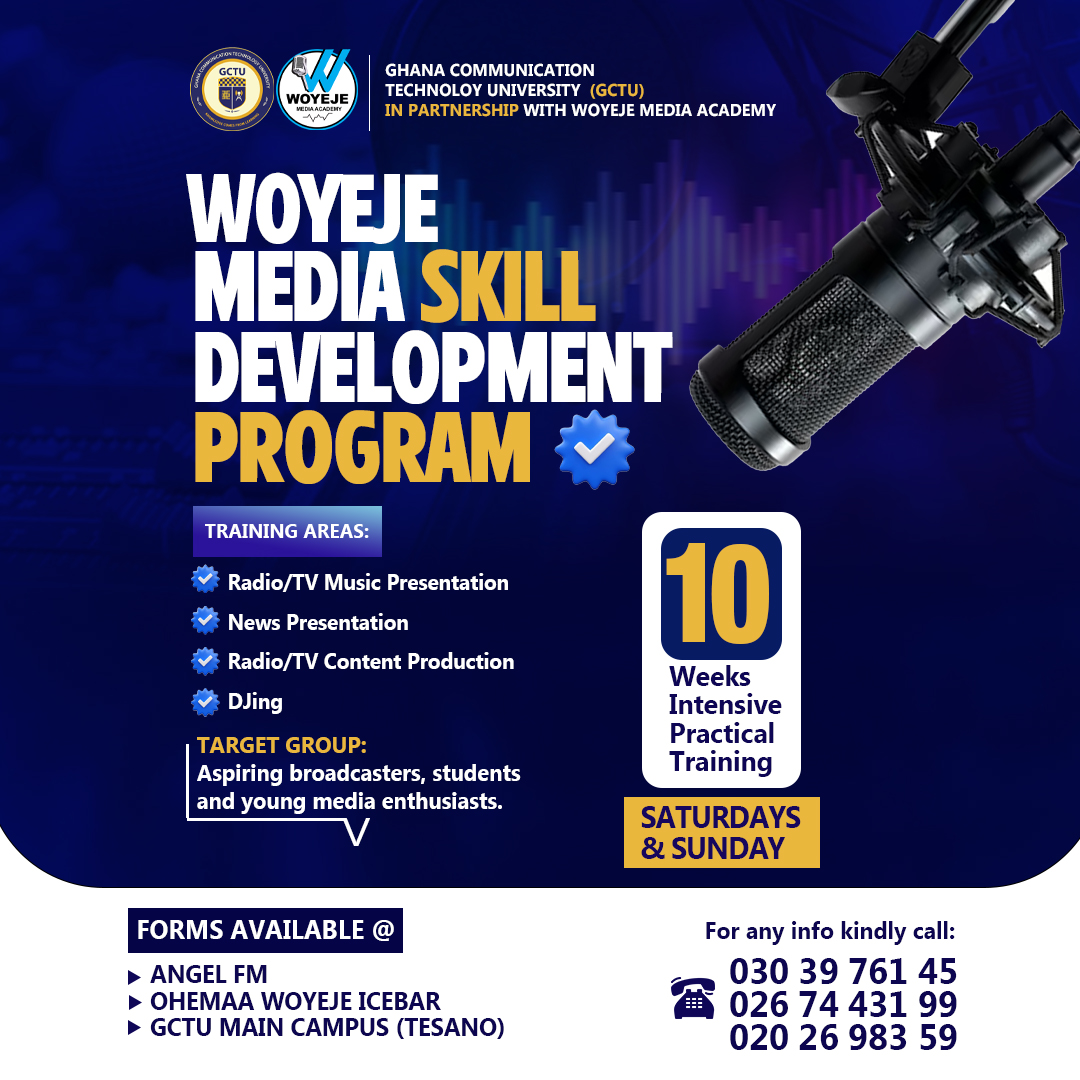
The Vice-Chancellor, Prof. Emmanuel Ohene Afoakwa, has said that to become a world-class university, one of the key criteria is the number of professors conducting research, teaching and extension services.
The VC made the remark at a meeting with the distinguished members of his “Vision 20 by 30” club on Wednesday, 28th August 2024.
The meeting provided an opportunity for the patron, Prof. Afoakwa, to assess the progress of the members on their journey toward attaining professorship. It also allowed the mentees to share their achievements, challenges, and strategies for advancing their academic careers.
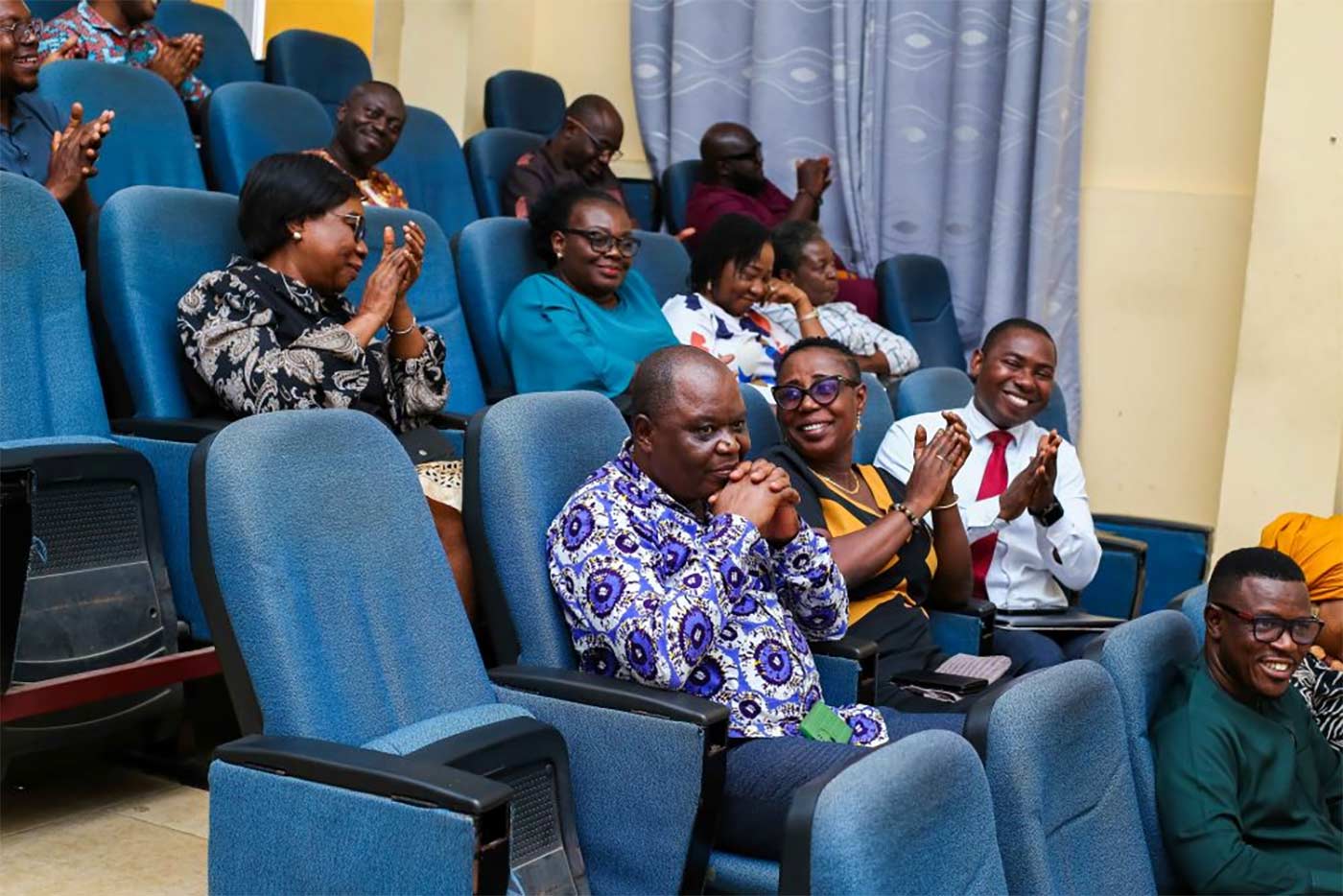
Speaking at the meeting, Prof. Afoakwa, whose reappointment was recently approved by the University Council for another four years, expressed his gratitude to the Council, Management, and staff for their unwavering support, which played a pivotal role in his re-appointment. “I am delighted to continue serving as your chief servant. Thank you for your support in various ways; it has been a successful journey thus far. The hard work of everyone has contributed to my re-appointment, and we can see visible changes in the University environment.”
Prof. Afoakwa emphasized his strategic vision which aims to transform GCTU into a world-class university of excellence in ICT. He highlighted the importance of having at least 20 professors from within the university by 2029, as this is crucial for attaining world-class status. “One of the key criteria for becoming a world-class university is the number of professors actively engaged in research, teaching, and extension services,” he stated.
The VC stressed that research and knowledge extension are essential for career advancement. “While being an excellent teacher is important, it’s not enough for promotion. Your value as a professional is measured by your contributions to the global body of knowledge,” he noted.
Prof. Afoakwa expressed confidence that GCTU is on track to becoming one of the top-ranked universities in Ghana and Africa. He encouraged staff to actively participate in local and international conferences to enhance their professional development. Prof. Afoakwa also announced that GCTU will host international conferences this year and in the years to come, underscoring the university’s commitment to fostering a vibrant academic and research environment.
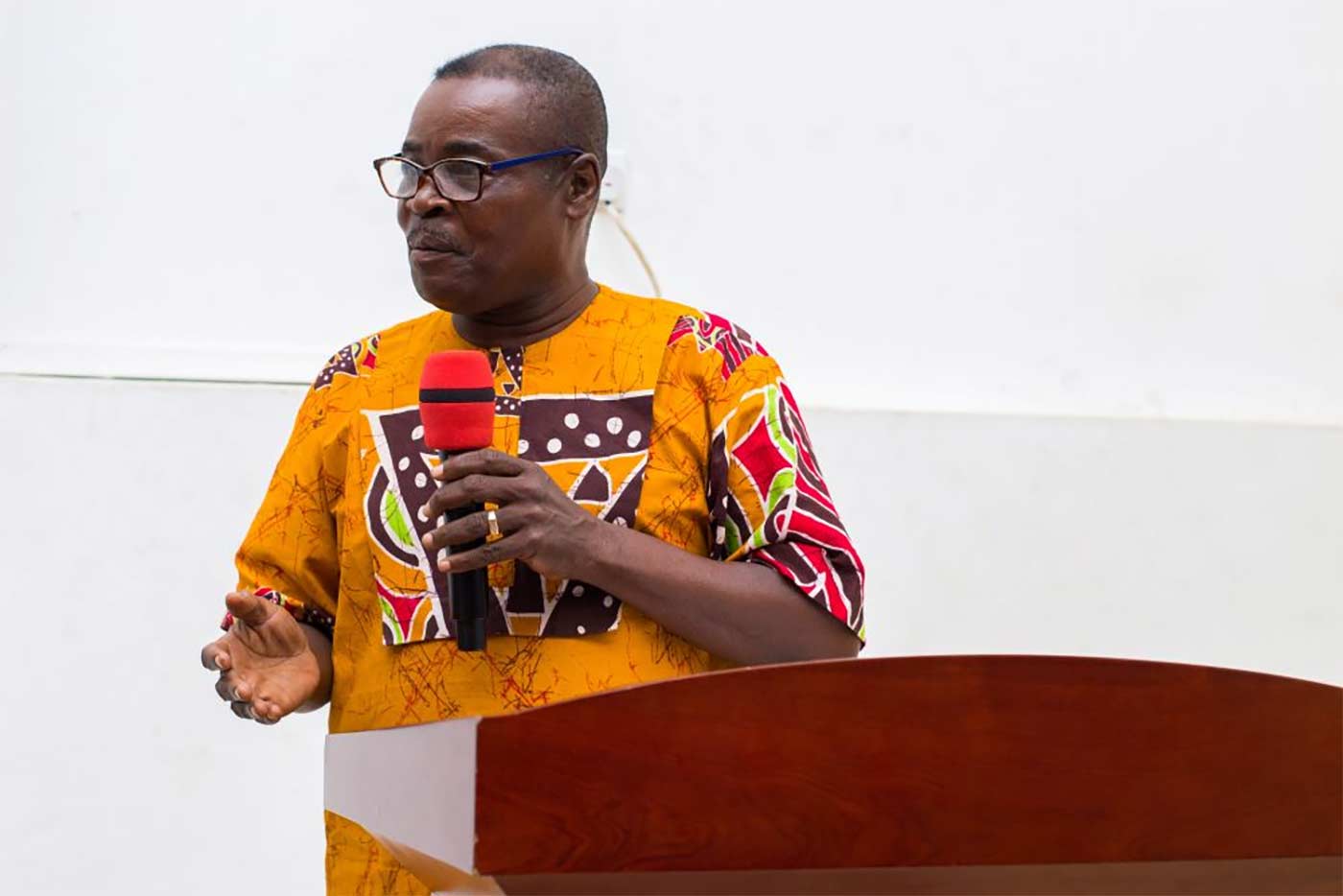
In his remarks, one of the three mentors of the programme, Prof. Alfred Coleman, expressed his excitement over the progress GCTU has made toward achieving its “Vision 20 by 30” initiative. “When this vision was first introduced, the number of article publications was relatively low.
However, I am pleased to note that there has been a significant increase in publications, exceeding expectations. This trend is a testament to the hard work and dedication of our academics,” he stated.
Prof. Coleman emphasized that success in academia is heavily reliant on research publications. He pointed out that while one may excel as a teacher, a lackluster publication record can hinder career advancement. He also highlighted that becoming a professor requires sacrifices, including sometimes being “anti-social,” as the demanding schedule of academic work may not always be understood by one’s family.
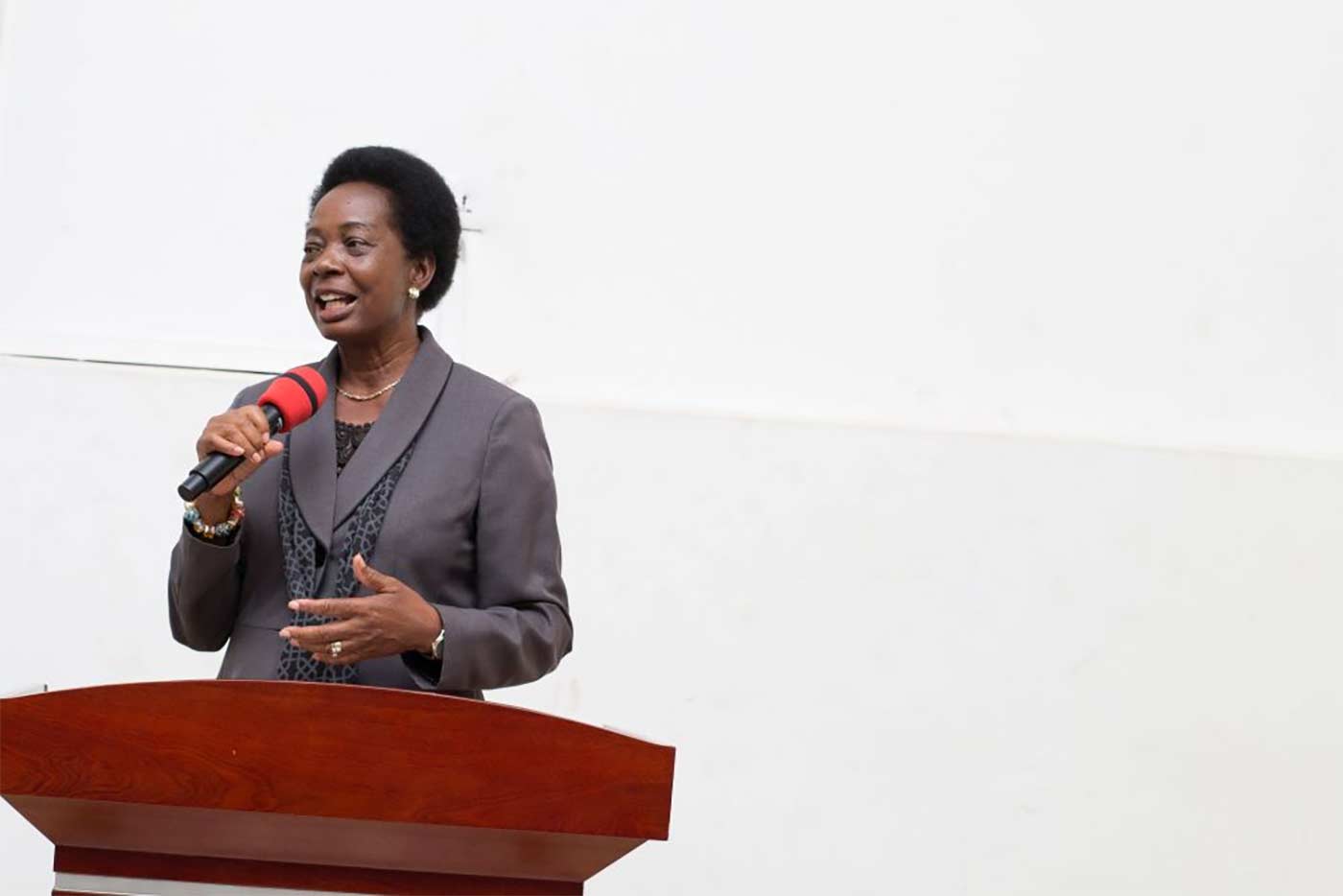
Another mentor, Prof. Ivy Drafor-Amenyah, charged members of the club to embrace continuous improvement and become the best versions of themselves. She noted that though lecturers do not often get breaks, it’s essential that they take the time to develop their skills and leadership abilities to make a meaningful impact. She said, “As Rebecca Knight, Harvard Business School, aptly puts it, becoming a leader is a journey of continuous learning and growth that thrives on embracing challenges, seeking feedback, fostering connections, and cultivating self-awareness.
She added, “In addition to publishing and developing our technical expertise, we must also prioritize soft skills and personal growth. We want our University to be known for its positive culture, where people are proud to be associated with us and each of us has the potential to make a significant impact and it’s essential that we develop ourselves to reach our full potential.”
Vision 20 by 30, initially perceived as an ambitious initiative, was launched by the Vice-Chancellor on April 1, 2022, with the goal of mentoring lecturers to achieve professorship within an eight-year timeframe. Remarkably, just two years into the programme, mentors remain optimistic about its potential to meet the set target. Currently, 31 lecturers and senior lecturers are actively participating in the mentorship programme.







